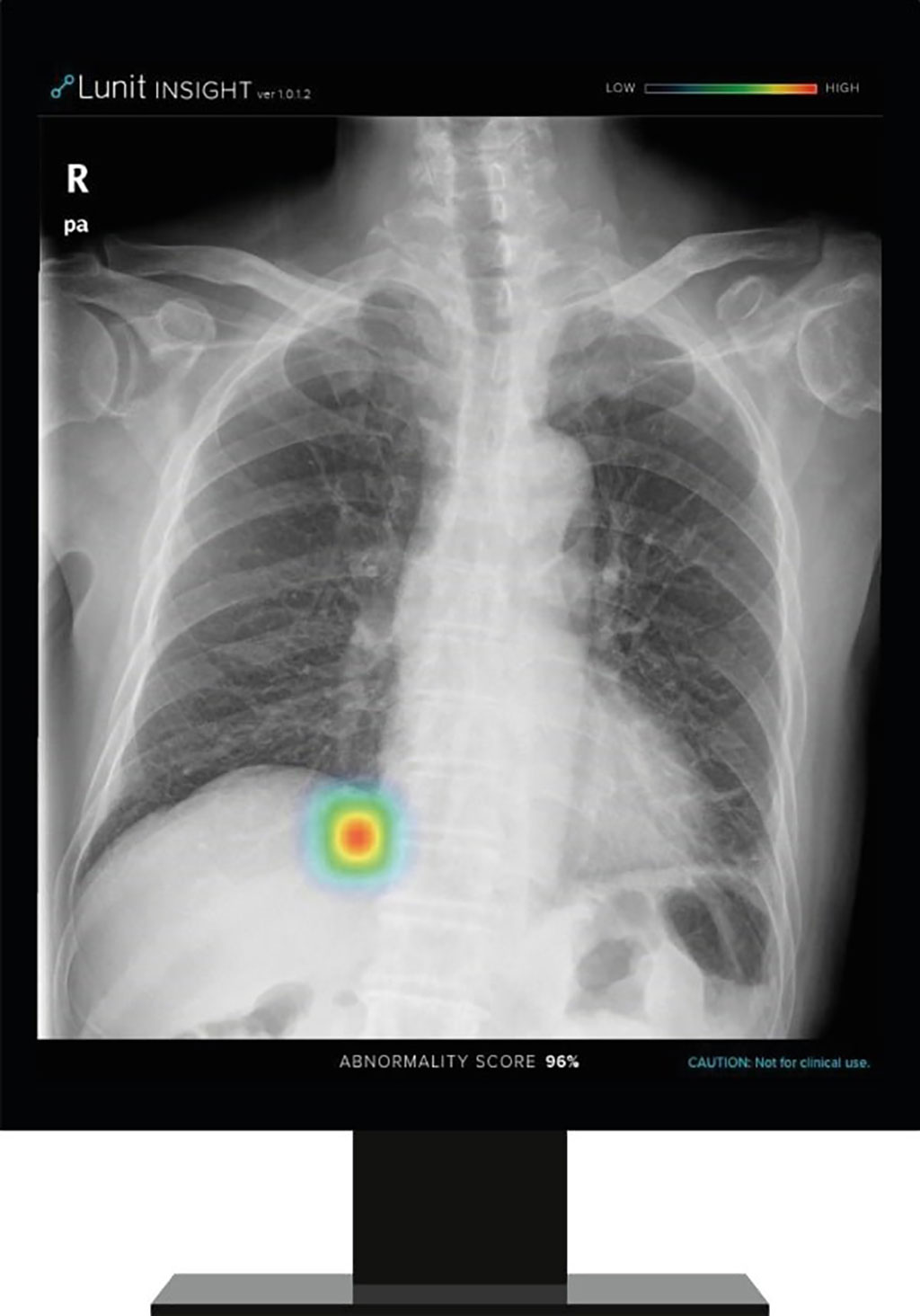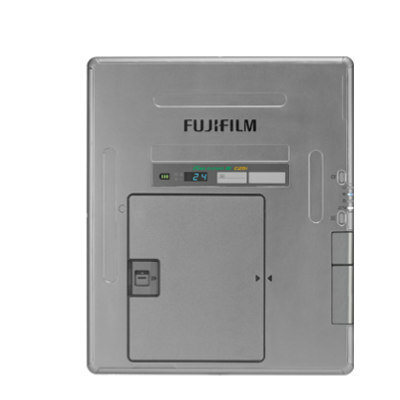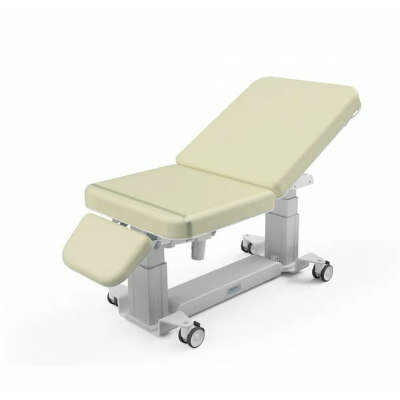New AI Software Accurately Detects Lung Cancers on X-Rays and Cuts Unnecessary Chest CT Scans by 30%
|
By MedImaging International staff writers Posted on 06 Aug 2021 |

Illustration
A recent study has shown that a deep learning-based artificial intelligence (AI) algorithm can improve the performance of readers in detecting lung cancers on chest radiographs.
According to the second joint study conducted by Massachusetts General Hospital (Boston, MA, USA) and Lunit Inc. (Seoul, Korea), AI had 28% sensitivity benefit for radiology residents, helping them properly recommend CT exams for potential lung cancer patients, and 30% specificity benefit for radiologists in lung cancer detection, reducing unnecessary CT exams. The joint research team has previously focused on validating the accuracy of AI, and proved that Lunit INSIGHT CXR, an AI software for analyzing chest X-rays, can accurately detect malignant pulmonary nodules, which can cause lung cancer. In this consecutive study, the team focused on whether AI can affect the performance of medical professionals in finding lung cancers.
For the study, 519 images of cancer-positive and cancer-negative patients were selected from the National Lung Screening Trial (NLST). Eight readers, including three radiology residents and five board-certified radiologists, participated in the reading. By comparing the analysis of the readers and Lunit INSIGHT CXR, the result showed that AI could lead to more efficient and precise diagnosis for both doctors and patients. With AI, radiology residents were able to recommend 28% more chest CT examinations for patients who may have potential risk of lung cancer. Also, radiologists recommended about 30% lesser proportion of unnecessary chest CT examinations in cancer-negative patients.
"The use of AI could help to detect pulmonary nodules accurately with chest X-rays, as well as reduce the need for unnecessary chest CT exams in some patients," said Mannudeep K. Kalra, MD, a radiologist at the MGH and Co-investigator on the study. "This finding can benefit patients by enabling them to avoid unneeded radiation exposure, and it can benefit the healthcare system by preventing certain medical costs."
"Chest X-ray is the firsthand diagnostic tool to detect lung cancer, but it has limitations as it is a compressed 2D rendering of 3D human structures," said Brandon Suh, CEO of Lunit. "An accurate analysis through Lunit INSIGHT CXR can help medical professionals provide diagnosis to patients with increased efficiency - preventing potential cancer at an early stage, while saving time and cost for those who do not need a further examination."
Related Links:
Massachusetts General Hospital
Lunit Inc.
According to the second joint study conducted by Massachusetts General Hospital (Boston, MA, USA) and Lunit Inc. (Seoul, Korea), AI had 28% sensitivity benefit for radiology residents, helping them properly recommend CT exams for potential lung cancer patients, and 30% specificity benefit for radiologists in lung cancer detection, reducing unnecessary CT exams. The joint research team has previously focused on validating the accuracy of AI, and proved that Lunit INSIGHT CXR, an AI software for analyzing chest X-rays, can accurately detect malignant pulmonary nodules, which can cause lung cancer. In this consecutive study, the team focused on whether AI can affect the performance of medical professionals in finding lung cancers.
For the study, 519 images of cancer-positive and cancer-negative patients were selected from the National Lung Screening Trial (NLST). Eight readers, including three radiology residents and five board-certified radiologists, participated in the reading. By comparing the analysis of the readers and Lunit INSIGHT CXR, the result showed that AI could lead to more efficient and precise diagnosis for both doctors and patients. With AI, radiology residents were able to recommend 28% more chest CT examinations for patients who may have potential risk of lung cancer. Also, radiologists recommended about 30% lesser proportion of unnecessary chest CT examinations in cancer-negative patients.
"The use of AI could help to detect pulmonary nodules accurately with chest X-rays, as well as reduce the need for unnecessary chest CT exams in some patients," said Mannudeep K. Kalra, MD, a radiologist at the MGH and Co-investigator on the study. "This finding can benefit patients by enabling them to avoid unneeded radiation exposure, and it can benefit the healthcare system by preventing certain medical costs."
"Chest X-ray is the firsthand diagnostic tool to detect lung cancer, but it has limitations as it is a compressed 2D rendering of 3D human structures," said Brandon Suh, CEO of Lunit. "An accurate analysis through Lunit INSIGHT CXR can help medical professionals provide diagnosis to patients with increased efficiency - preventing potential cancer at an early stage, while saving time and cost for those who do not need a further examination."
Related Links:
Massachusetts General Hospital
Lunit Inc.
Latest Imaging IT News
- New Google Cloud Medical Imaging Suite Makes Imaging Healthcare Data More Accessible
- Global AI in Medical Diagnostics Market to Be Driven by Demand for Image Recognition in Radiology
- AI-Based Mammography Triage Software Helps Dramatically Improve Interpretation Process
- Artificial Intelligence (AI) Program Accurately Predicts Lung Cancer Risk from CT Images
- Image Management Platform Streamlines Treatment Plans
- AI-Based Technology for Ultrasound Image Analysis Receives FDA Approval
- AI Technology for Detecting Breast Cancer Receives CE Mark Approval
- Digital Pathology Software Improves Workflow Efficiency
- Patient-Centric Portal Facilitates Direct Imaging Access
- New Workstation Supports Customer-Driven Imaging Workflow
Channels
MRI
view channel
Low-Cost Whole-Body MRI Device Combined with AI Generates High-Quality Results
Magnetic Resonance Imaging (MRI) has significantly transformed healthcare, providing a noninvasive, radiation-free method for detailed imaging. It is especially promising for the future of medical diagnosis... Read more
World's First Whole-Body Ultra-High Field MRI Officially Comes To Market
The world's first whole-body ultra-high field (UHF) MRI has officially come to market, marking a remarkable advancement in diagnostic radiology. United Imaging (Shanghai, China) has secured clearance from the U.... Read moreUltrasound
view channel.jpg)
Diagnostic System Automatically Analyzes TTE Images to Identify Congenital Heart Disease
Congenital heart disease (CHD) is one of the most prevalent congenital anomalies worldwide, presenting substantial health and financial challenges for affected patients. Early detection and treatment of... Read more
Super-Resolution Imaging Technique Could Improve Evaluation of Cardiac Conditions
The heart depends on efficient blood circulation to pump blood throughout the body, delivering oxygen to tissues and removing carbon dioxide and waste. Yet, when heart vessels are damaged, it can disrupt... Read more
First AI-Powered POC Ultrasound Diagnostic Solution Helps Prioritize Cases Based On Severity
Ultrasound scans are essential for identifying and diagnosing various medical conditions, but often, patients must wait weeks or months for results due to a shortage of qualified medical professionals... Read moreNuclear Medicine
view channel
New PET Biomarker Predicts Success of Immune Checkpoint Blockade Therapy
Immunotherapies, such as immune checkpoint blockade (ICB), have shown promising clinical results in treating melanoma, non-small cell lung cancer, and other tumor types. However, the effectiveness of these... Read moreNew PET Agent Rapidly and Accurately Visualizes Lesions in Clear Cell Renal Cell Carcinoma Patients
Clear cell renal cell cancer (ccRCC) represents 70-80% of renal cell carcinoma cases. While localized disease can be effectively treated with surgery and ablative therapies, one-third of patients either... Read more
New Imaging Technique Monitors Inflammation Disorders without Radiation Exposure
Imaging inflammation using traditional radiological techniques presents significant challenges, including radiation exposure, poor image quality, high costs, and invasive procedures. Now, new contrast... Read more
New SPECT/CT Technique Could Change Imaging Practices and Increase Patient Access
The development of lead-212 (212Pb)-PSMA–based targeted alpha therapy (TAT) is garnering significant interest in treating patients with metastatic castration-resistant prostate cancer. The imaging of 212Pb,... Read moreGeneral/Advanced Imaging
view channelBone Density Test Uses Existing CT Images to Predict Fractures
Osteoporotic fractures are not only devastating and deadly, especially hip fractures, but also impose significant costs. They rank among the top chronic diseases in terms of disability-adjusted life years... Read more
AI Predicts Cardiac Risk and Mortality from Routine Chest CT Scans
Heart disease remains the leading cause of death and is largely preventable, yet many individuals are unaware of their risk until it becomes severe. Early detection through screening can reveal heart issues,... Read moreImaging IT
view channel
New Google Cloud Medical Imaging Suite Makes Imaging Healthcare Data More Accessible
Medical imaging is a critical tool used to diagnose patients, and there are billions of medical images scanned globally each year. Imaging data accounts for about 90% of all healthcare data1 and, until... Read more
Global AI in Medical Diagnostics Market to Be Driven by Demand for Image Recognition in Radiology
The global artificial intelligence (AI) in medical diagnostics market is expanding with early disease detection being one of its key applications and image recognition becoming a compelling consumer proposition... Read moreIndustry News
view channel
Hologic Acquires UK-Based Breast Surgical Guidance Company Endomagnetics Ltd.
Hologic, Inc. (Marlborough, MA, USA) has entered into a definitive agreement to acquire Endomagnetics Ltd. (Cambridge, UK), a privately held developer of breast cancer surgery technologies, for approximately... Read more
Bayer and Google Partner on New AI Product for Radiologists
Medical imaging data comprises around 90% of all healthcare data, and it is a highly complex and rich clinical data modality and serves as a vital tool for diagnosing patients. Each year, billions of medical... Read more



















